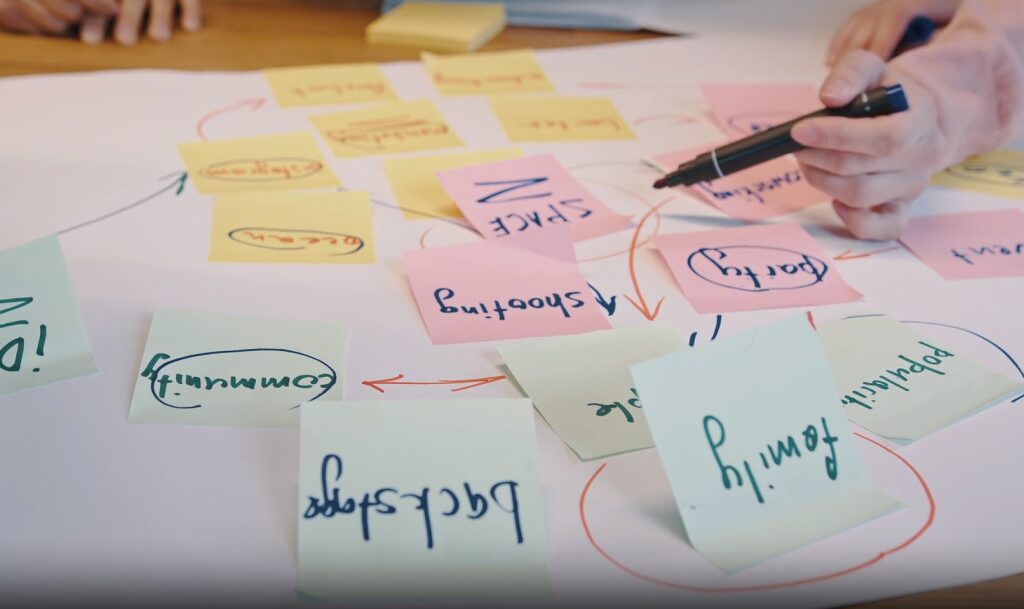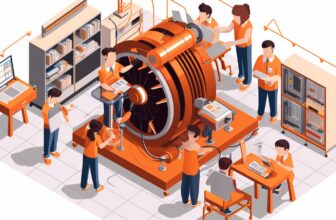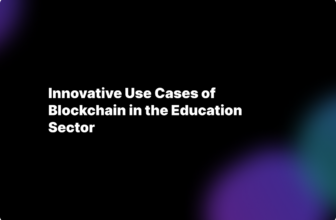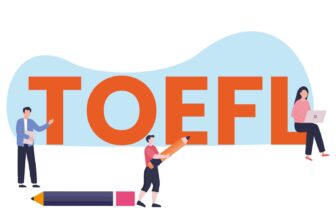
According to Confucius, fundamental knowledge lies in understanding one’s level of ignorance; lifelong learning provides how this can be extended further and achieved successfully; its importance to students may even outstrip its application elsewhere in society.
In our constantly transforming global environment, the definition of education has expanded far beyond formal classroom learning. Lifelong learning has become essential for individual and professional growth, allowing individuals to thrive in our ever-evolving landscape.
While formal education plays an essential role in building foundational knowledge for success in contemporary societies – in this article, we will examine its value and its correlation to personal and professional advancement. Lifelong learning for students has never been more essential in today’s competitive academic environment; academic excellence should not only be valued in school settings but should extend outside.
Engaging with diverse subjects, adapting to new learning methods, and critically analyzing information sources are not only invaluable academically but also for everyday life. Students can leverage online resources like the writer24.com platform for invaluable insight and feedback, enabling them to enhance their writing abilities and academic performance continually. Adopting lifelong learning early can set students on an enriching educational path full of personal and professional growth.
Table of Contents
Changing Landscape of Learning

Source: unsplash.com
Today’s world has drastically evolved. Technological progress, globalized industries, and an unprecedented information revolution have revolutionized our daily lives and work. Traditional education models involving formal learning during the early years followed by work are no longer sufficient; individuals must embrace lifelong learning to remain competitive and relevant. This involves constantly expanding one’s repertoire with new skills while updating the current knowledge base and adapting to evolving circumstances.
Learn the Advantages of Lifelong Education
Adaptability
Lifelong learners possess an unparalleled capacity for adaptability when dealing with change. Embarking upon challenges with an open mindset that views setbacks as opportunities, these lifelong learners have invaluable adaptability in today’s fast-moving industries that continuously change.
Career Advancement
Lifelong learning offers professional practitioners many doors of opportunity for career advancement. Building new skills and expanding one’s knowledge base make individuals more desirable to employers, increasing chances for promotion or job security.
Examples of upskilling and reskilling programs are essential for fostering lifelong learning, enabling individuals to adapt to the ever-evolving demands of today’s world. These programs provide structured opportunities to acquire new skills, enhance existing ones, and stay current with technological advancements. By engaging in continuous learning through such initiatives, individuals not only boost their career prospects but also achieve personal growth and fulfillment. These programs empower learners to remain competitive in the job market, embrace new challenges confidently, and contribute meaningfully to their communities.
Personal Fulfillment
Lifelong learning should provide both professional development and personal satisfaction. Learning new languages, instruments, or cooking techniques can enrich lives while giving an immense feeling of achievement and gratification.
Better Problem-Solving & Increased Confidence
Lifelong learners tend to be adept problem solvers, drawing upon a broader knowledge base to develop creative solutions for complex issues. Acquiring new skills and expanding knowledge increases self-assurance, benefitting all aspects of life, from making decisions to engaging in social interactions.
Keeping Current & Networking Opportunities
In today’s job market, keeping abreast of changes and remaining relevant are vital. Lifelong learners tend to stay employable longer while protecting against becoming obsolete in their fields. Lifelong learning requires engaging with others who share similar interests, creating the potential for networking and making meaningful relationships in both professional and personal spheres.
How to Accomplish Lifelong Learning
Set clear goals. Establish clear learning goals before starting your learning journey. What skills or knowledge would you like to acquire? Creating a roadmap will keep you focused and motivated throughout the experience. Recognize your learning style. Everyone has different approaches to learning; some prefer reading, while others enjoy engaging with hands-on experiences. Identify your preferred method so the experience becomes more enjoyable.
Utilize online resources. The internet has transformed lifelong learning. There is now access to numerous courses, tutorials, and resources on almost every subject under the sun – such as Coursera, EdX, and Khan Academy, offering numerous possibilities. Join a learning community. To make learning even more immersive, find like-minded peers by joining clubs, groups, or forums related to your interests or professional field and make connections among like-minded individuals.
Allocate time regularly. Set aside time every week specifically dedicated to learning. Being consistent will lead to significant progress being made. Document your progress. Keep a log or journal of what you have accomplished over time – this can serve as motivation and evidence of how far you’ve come. Keeping track can also remind you how far your journey has taken. Be curious. Cultivate curiosity and thirst for knowledge by engaging with new topics, asking questions, exploring possibilities beyond your comfort zone, and keeping an open mind.
Balance Theory and Practice
Apply your knowledge directly to real-world scenarios to cement your understanding. Theory alone won’t suffice – real-life applications provide additional context that furthers understanding. Regularly assess your learning journey to determine if its goals have been achieved or whether adjustments need to be made in approach or alteration in objectives.
Case Studies in Lifelong Learning Success

Source: abcnews.go.com
Elon Musk
The billionaire entrepreneur and CEO of SpaceX and Tesla is an excellent example of someone seeking new information and skills that drive his innovative businesses forward. For SpaceX, he learned rocket science; for Tesla, he pioneered breakthrough technologies.
Angela Merkel
Former German Chancellor Angela Merkel is known for her dedication to education. As someone with a Ph.D. in quantum chemistry, Merkel consistently expanded her knowledge base while adapting to ever-evolving political environments.
Jane Goodall
Renowned primatologist and conservationist Jane Goodall has dedicated her life to studying chimpanzees and advocating for their protection. Through this commitment to learning, she has advanced her field and become an icon for environmental preservation worldwide.
Conclusion
In today’s increasingly informed society, lifelong learning has become essential. People no longer rely solely on formal education acquired during childhood to thrive in today’s rapidly evolving environment; to succeed, they must commit themselves to the continuous development of their skill set while adapting quickly to any changes and seizing new growth opportunities.
Lifelong learning provides numerous advantages, from personal growth and career advancement to improved problem-solving abilities and curiosity-fueled exploration. By setting clear goals, using available resources, and remaining open-minded, people can embark on a lifelong learning journey that leads to personal fulfillment and professional achievement. Academic excellence has become the cornerstone of future success; therefore, the pursuit of knowledge should go well beyond classroom walls.










